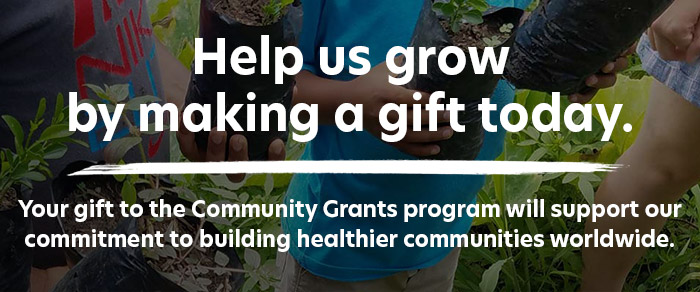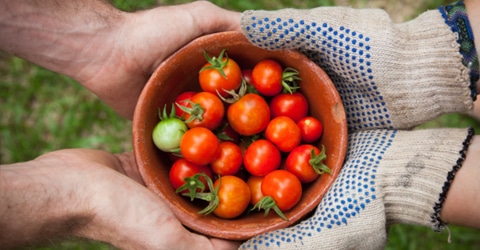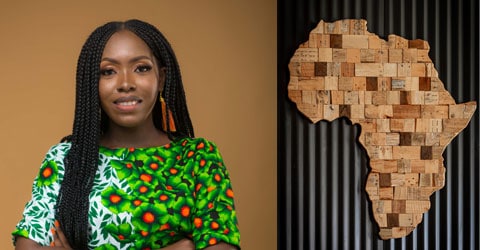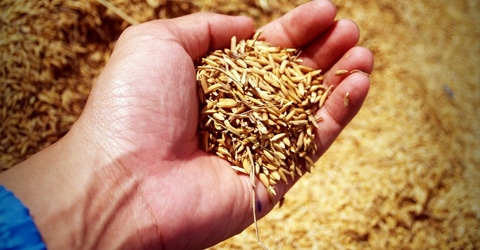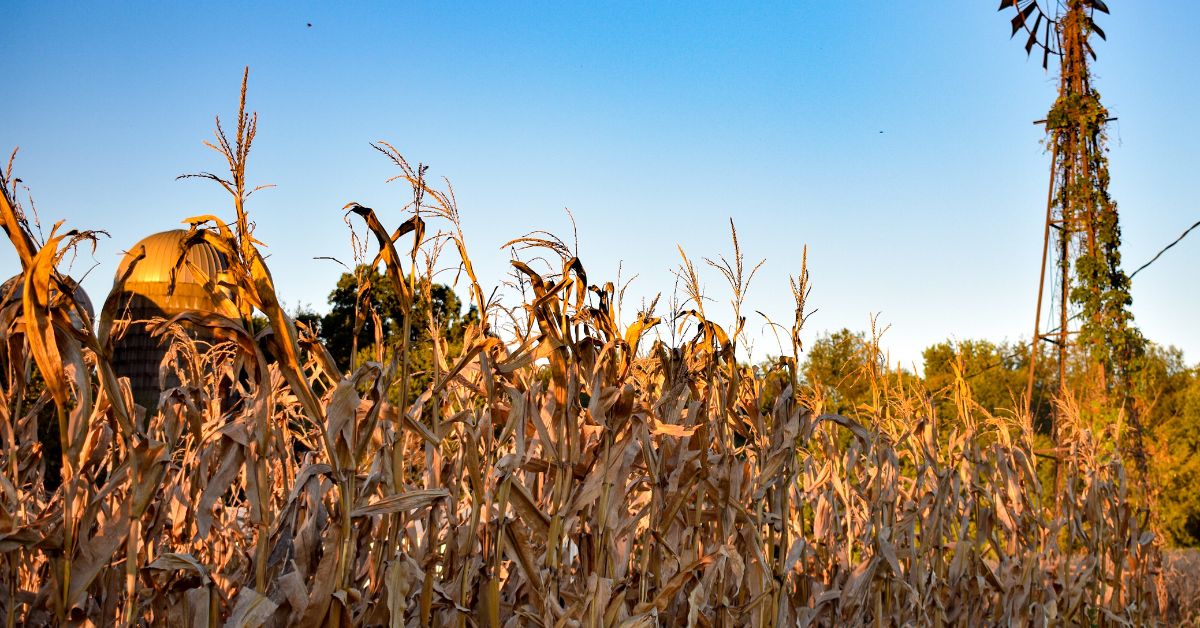
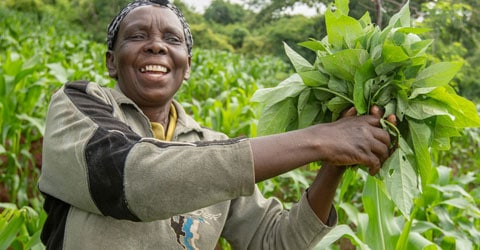
The following is an article from a Community Grant recipient.
Protech Eco-Green is a nonprofit registered in Kenya under its parent organization, Urban Green Works. Protech Eco-Green’s mission is to support alternative farming solutions that help farmers adapt to the challenges of climate change. This includes introducing technological innovation to farms, as well as leveraging indigenous knowledge that can improve farm productivity and lessen the environmental impacts of farming. The Sustainable Agroforestry for Sustainable and Equitable Food Systems (SASEFS) program is Protech Eco-Green’s main initiative to implement these solutions.
Our focus on climate change resiliency is especially important in this region. The arid and semi-arid lands (ASALs) in Kenya have been experiencing the intense effects of drought firsthand: severe crop and livestock losses, famine, population displacement, and more.[1] Climate change adds another layer of uncertainty onto existing vulnerabilities, particularly in the ASALs which cover over 82 percent of the country.[2] Drought conditions in the future are likely to have a significant impact on water availability and general well-being.
The weather can be very different depending on the specific location in Kenya. Western Kenya has consistent rainfall throughout the year while Eastern Kenya has very erratic rainfall. Adapting to erratic rainfall in eastern Kenya was not easy, and buying water, vegetables, and food is not easy when rainfall is so unpredictable. Women have to walk long distances to get water, and lands are barren without vegetation. As a result, the food poverty level is higher here than in other parts of the country (39.4% in Kitui County, compared to 32% nationally[3]). For farmers in Kwa Vonza, a small village in Kitui County, past reliance on monoculture and cash crops make adapting even more difficult. Resilience is low and economic uncertainty is high when farmers are dependent on only a few crops and those crops are susceptible to severe ecological problems.
The Sustainable Agroforestry for Sustainable and Equitable Food Systems (SASEFS) program encourages climate smart farming, sustainable agroforestry, better household nutrition, and climate resilience for smallholder farms in Kwa Vonza.
Protech EcoGreen is the answer to the question: how can we make life better in this environment? By applying what I learned at university, and by understanding the needs of the community, I was able to begin providing alternatives.
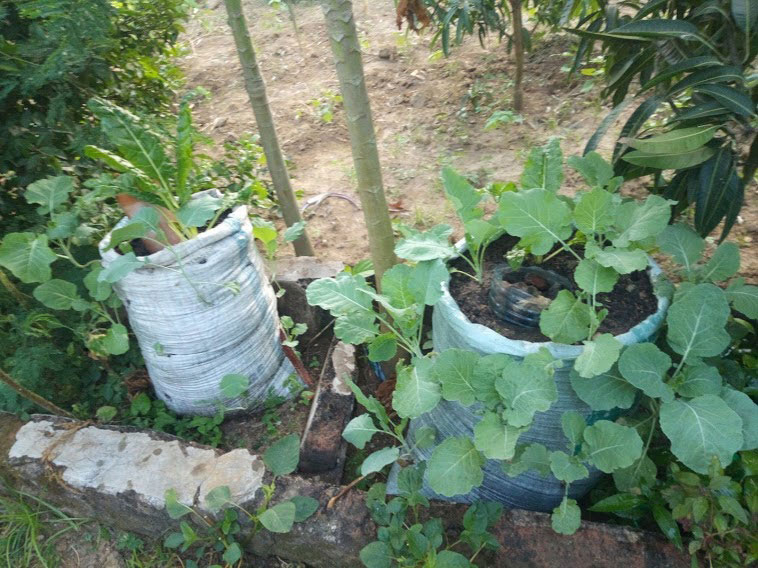
The Sustainable Agroforestry for Sustainable and Equitable Food Systems (SASEFS) program encourages climate smart farming, sustainable agroforestry, better household nutrition, and climate resilience for smallholder farms in Kwa Vonza. Strategies include:
- Climate smart farming techniques such as zai pits, terracing, cover crops (pasture, high-value sweet potatoes, and crop diversification)
- Regenerative agroforestry focusing on fruit farming, especially indigenous trees such as moringa, neem, and mangoes
- Organic kitchen gardening for nutrient-rich vegetables
- Agroforestry initiatives
- Fruit and medicinal plant grow initiative that helps improve the health of the community and conserve the environment
- Establishing a tree nursery with various medicinal, fruit, and timber tree varieties
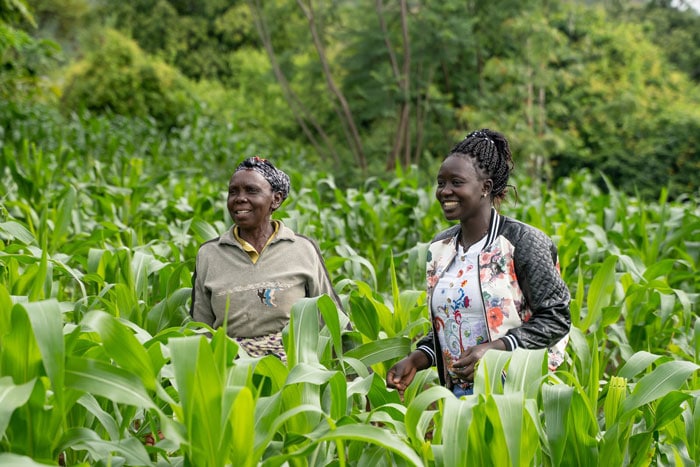
Nutrition is a very important component of healthy living. We cannot achieve it unless we have access to healthy foods. Strengthening local farms is the best way to ensure lasting food access, and it also strengthens the local economy. With the help of a grant from the Center for Nutrition Studies Protech EcoGreen and Urban Green Works are working to make that a reality.
“The ultimate goal of farming is not the growing of crops, but the cultivation and perfection of human beings.” – Masanobu Fukuoka, The One-Straw Revolution: An Introduction to Natural Farming
The T. Colin Campbell Center for Nutrition Studies (CNS) is committed to increasing awareness of the extraordinary impact that food has on the health of our bodies, our communities, and our planet. In support of this commitment, CNS has created a Community Grant initiative to empower sustainable food-based initiatives around the world by providing grants to enable innovative start-ups and to propel the growth of existing initiatives. Please consider making a donation to this great cause. 100% of your donation will go to support initiatives like the one you just read about in this article.
Learn more about our Community Grant program.
References
- Republic of Kenya. (2005). Arid and Semi-Arid Lands (ASAL) National Vision and Strategy Natural Resource management 2005-2015. July 2005, 1–50. http://adis.uonbi.ac.ke/sites/default/files/cavs/csdes/natural_resource_management_2005-2015.pdf
- Government of Kenya. (2018). NCCAP II 2018-2022 Volume 1. I, 107–118. https://www.kenyamarkets.org/wp-content/uploads/2019/02/NCCAP-2018-2022-Online-.pdf
- Nation, P. (2018). County Integrated Development Plan for Kitui. https://cog.go.ke/media-multimedia/reportss/category/106-county-integrated-development-plans-2018-2022?download=314:kitui-county-integrated-development-plan-2018-2022
Copyright 2026 Center for Nutrition Studies. All rights reserved.
Deepen Your Knowledge With Our
Plant-Based Nutrition
Certificate
Plant-Based Nutrition Certificate
- 23,000+ students
- 100% online, learn at your own pace
- No prerequisites
- Continuing education credits


